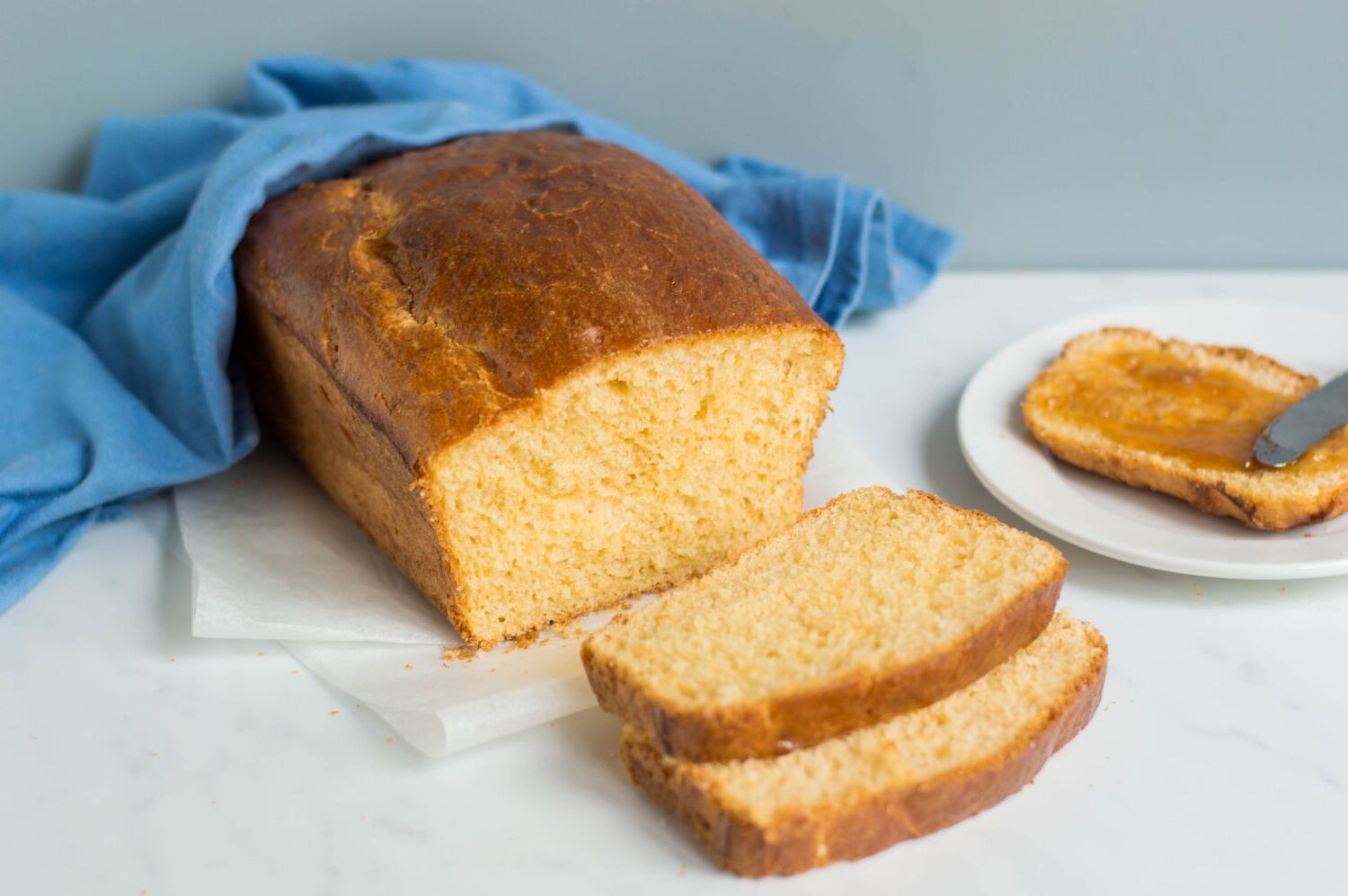
Ever wondered what's really in that slice of bread you're munching on? Sure, we all know bread is a staple in diets worldwide, but what's the story behind its nutritional value? Bread carries more than just carbs and calories; it's packed with a variety of nutrients essential for our health. From whole grain to white, from sourdough to rye, each type offers something unique to the table. But hey, with so many myths and facts floating around, how do you separate the wheat from the chaff? Well, you're in luck! Here are 15 nutritional facts about bread that might just surprise you. Whether you're a fitness enthusiast, a health-conscious eater, or simply a bread lover, these tidbits will give you food for thought the next time you're at the bakery aisle. Let's get this bread and learn something new, shall we?
Key Takeaways:
- 1. Whole grain bread is a powerhouse of nutrients, providing sustained energy, promoting fullness, and supporting essential bodily functions like metabolism and nervous system health.
- 2. Choosing whole grain bread over white bread can help regulate bowel movements, lower the risk of heart disease and diabetes, and support steady energy levels for better blood sugar control.
What Makes Bread Nutritious?
Bread, a staple in many diets worldwide, packs more than just calories. Its nutritional value varies based on ingredients and preparation methods. Whole grain breads, for instance, are richer in nutrients compared to their white counterparts. Here's why bread can be a beneficial part of your diet.
- Whole grain bread is a good source of complex carbohydrates, providing sustained energy throughout the day.
- Fiber content in whole grain varieties aids digestion and promotes a feeling of fullness, which can help with weight management.
- Breads made from whole grains are rich in essential nutrients like B vitamins, which are crucial for energy metabolism and nervous system health.
The Role of Fiber in Bread
Fiber plays a significant role in our diet, and bread can be an excellent source of this essential nutrient.
- Many breads, especially those made from whole grains, contain a good amount of dietary fiber. This type of fiber helps in regulating bowel movements and maintaining bowel health.
- Consuming fiber-rich foods like bread may lower the risk of developing heart disease and type 2 diabetes.
Bread and Its Protein Content
While not typically known as a high-protein food, bread can contribute to your daily protein intake.
- Whole grain breads contain more protein than white bread, making them a better choice for those looking to increase their protein consumption.
- The protein in bread is essential for building and repairing tissues, making it a valuable component of a balanced diet.
Vitamins and Minerals in Bread
Bread is more than just carbohydrates; it's also a vehicle for vitamins and minerals essential for body function.
- Iron, found in whole grain bread, is vital for creating red blood cells and transporting oxygen throughout the body.
- Selenium, another mineral present in bread, supports immune function and prevents cell damage.
- Some breads are fortified with additional nutrients, such as folic acid, which is crucial for preventing birth defects during pregnancy.
The Lowdown on Gluten
Gluten, a protein found in wheat, barley, and rye, is a concern for those with celiac disease or gluten sensitivity.
- While most bread contains gluten, there are numerous gluten-free options available that use alternative flours, catering to those with dietary restrictions.
- Opting for gluten-free bread can still provide you with the nutritional benefits of bread without the adverse effects associated with gluten intolerance.
Bread and Antioxidants
Antioxidants are substances that can prevent or slow damage to cells caused by free radicals. Bread, particularly whole grain varieties, can be a source of these beneficial compounds.
- Whole grain breads are rich in antioxidants, such as vitamin E and selenium, which help protect your cells from damage.
- Including bread in your diet can contribute to your overall antioxidant intake, supporting your body's defense against oxidative stress.
The Impact of Bread on Blood Sugar Levels
The glycemic index (GI) of bread can affect blood sugar levels, an important consideration for those managing diabetes or looking to maintain stable energy levels.
- Whole grain breads have a lower GI compared to white bread, meaning they have a less significant impact on blood sugar levels. This makes them a preferable option for maintaining steady energy and supporting blood sugar control.
Savoring the Final Slice
Bread, in its many forms, has been a staple in diets around the world for centuries. From the fluffy loaves that grace our breakfast tables to the artisanal varieties that complement our gourmet meals, it's clear bread holds a special place in our culinary hearts. Understanding the nutritional facts about bread can help us make informed choices that align with our health goals. Whether opting for whole grain for its fiber content or sourdough for its probiotics, there's a bread out there that fits every lifestyle and dietary need. Remember, moderation is key, and with the right knowledge, bread can continue to be a delicious and nutritious part of our diets. Let's keep savoring each slice, mindful of the benefits and joys it brings to our tables.
Frequently Asked Questions
Was this page helpful?
Our commitment to delivering trustworthy and engaging content is at the heart of what we do. Each fact on our site is contributed by real users like you, bringing a wealth of diverse insights and information. To ensure the highest standards of accuracy and reliability, our dedicated editors meticulously review each submission. This process guarantees that the facts we share are not only fascinating but also credible. Trust in our commitment to quality and authenticity as you explore and learn with us.


